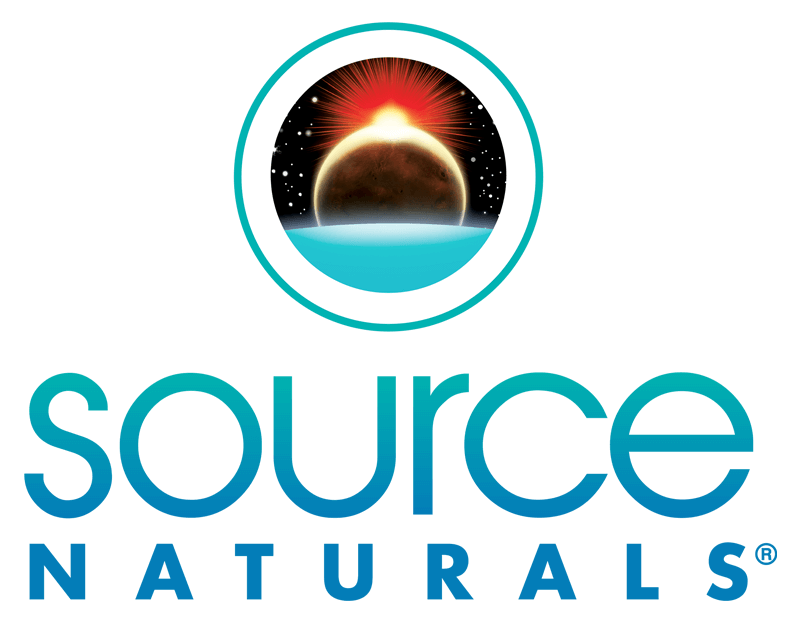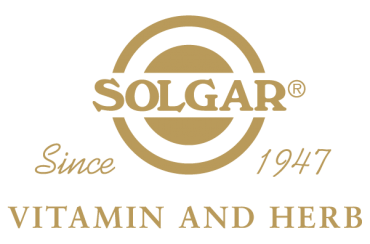Dental Hygiene
Dental hygiene refers to the practice of maintaining oral health to prevent various dental issues such as cavities, gum disease, and bad breath. It involves a combination of regular oral care habits and professional dental check-ups.
Importance of Dental Hygiene:
- Prevention of Dental Issues:
- Regular brushing, flossing, and professional cleanings help prevent the buildup of plaque and tartar, reducing the risk of cavities and gum disease.
- Fresh Breath:
- Good oral hygiene helps eliminate bacteria that can cause bad breath.
- Overall Health Connection:
- Poor oral health has been linked to systemic health issues such as cardiovascular disease and diabetes.
- Preservation of Natural Teeth:
- Consistent dental care supports the longevity of natural teeth.
Nutritional Habits for Dental Health:
- Limit Sugary Foods and Drinks:
- Sugars contribute to the formation of acids that can erode tooth enamel. Limiting sugary intake helps prevent cavities.
- Calcium-Rich Foods:
- Dairy products, leafy greens, and almonds provide calcium, essential for strong teeth and bones.
- Vitamin D:
- Supports calcium absorption. Sources include fatty fish, fortified dairy, and exposure to sunlight.
- Phosphorus-Rich Foods:
- Meats, eggs, and dairy products contribute to tooth mineralization.
- Crunchy Fruits and Vegetables:
- Apples, carrots, and celery can help clean teeth naturally by stimulating saliva production and scrubbing away plaque.
Vitamins Affecting Dental Hygiene:
- Vitamin D:
- Positive Impact: Supports calcium absorption for strong teeth.
- Negative Impact: Deficiency may lead to delayed tooth eruption and enamel defects.
- Vitamin K:
- Positive Impact: Essential for proper blood clotting and may support bone health.
- Negative Impact: Deficiency may affect tooth mineralization.
- Vitamin C:
- Positive Impact: Supports gum health and collagen production.
- Negative Impact: Deficiency may lead to gum disease (scurvy).
- Vitamin A:
- Positive Impact: Essential for maintaining mucous membranes and promoting saliva production.
- Negative Impact: Deficiency may affect oral tissues.
Group Susceptibility to Dental Issues:
- Children:
- Developing oral hygiene habits early is crucial for preventing issues like cavities.
- Pregnant Women:
- Hormonal changes during pregnancy can increase the risk of gum disease and other dental problems.
- Seniors:
- Aging can bring oral health challenges, including dry mouth and increased risk of tooth decay.
- People with Diabetes:
- Diabetes can increase the risk of gum disease, and gum disease can affect blood sugar control.
- Those with Poor Oral Hygiene Habits:
- Individuals who neglect regular brushing, flossing, and dental check-ups are at higher risk of dental issues.
Tips for Dental Hygiene:
- Brushing:
- Brush teeth twice a day using fluoride toothpaste.
- Flossing:
- Floss daily to remove plaque between teeth and along the gumline.
- Regular Dental Check-ups:
- Visit the dentist for professional cleanings and check-ups.
- Limiting Sugary Foods:
- Reduce intake of sugary snacks and beverages.
- Hydration:
- Drink plenty of water to help maintain saliva production.
Oil pulling is an ancient Ayurvedic practice that involves swishing oil in the mouth for a specified duration, typically 15-20 minutes, and then spitting it out. The most commonly used oils for oil pulling are coconut oil, sesame oil, and sunflower oil. Advocates claim various health benefits, including potential dental hygiene benefits.
Dental Hygiene Benefits of Oil Pulling:
- Reduction of Harmful Bacteria:
- Oil pulling is believed to help reduce the amount of harmful bacteria in the mouth, potentially contributing to improved oral hygiene.
- Gingivitis and Plaque Reduction:
- Some studies suggest that oil pulling may help reduce gingivitis and plaque when combined with regular oral hygiene practices.
- Improved Bad Breath:
- Oil pulling might contribute to fresher breath by reducing the number of bacteria that cause bad odor.
- Potential Anti-Inflammatory Effects:
- There is some speculation that oil pulling may have anti-inflammatory effects on the gums, potentially aiding in gum health.
It’s important to note that while some studies suggest positive effects, more research is needed to establish the full extent of these benefits.
Structured Silver:
Structured silver refers to a type of silver solution that is claimed to have unique properties due to its molecular structure. It is often marketed as a dietary supplement with various suggested health benefits, including potential antimicrobial and immune-supporting properties.
Use of Structured Silver in Dental Hygiene:
- Antimicrobial Properties:
- Structured silver is promoted for its potential antimicrobial effects. In theory, it could be used as a mouth rinse to target harmful bacteria in the oral cavity.
- Gum Health:
- Some proponents suggest that structured silver may support gum health and help combat gingivitis.
- Cavity Prevention:
- There are claims that structured silver may aid in preventing cavities by targeting bacteria that contribute to tooth decay.
Caution and Considerations:
- Limited Scientific Evidence:
- The scientific evidence supporting the specific benefits of structured silver for dental hygiene is limited. More research is needed to validate its effectiveness.
- Safety Concerns:
- Ingesting silver in excessive amounts can lead to a condition called argyria, where the skin turns a bluish-gray color. It’s crucial to use silver products cautiously and as directed.
- Consultation with Dental Professional:
- Before incorporating oil pulling, structured silver, or any alternative practices into your dental hygiene routine, it’s advisable to consult with a dental professional. They can provide personalized guidance based on your oral health needs.
While some people may find these practices beneficial, they are not substitutes for traditional dental hygiene practices such as regular brushing, flossing, and professional dental cleanings. It’s essential to approach alternative practices with a critical mindset and to prioritize evidence-based methods for maintaining oral health.
Good dental hygiene practices contribute not only to oral health but also to overall well-being. Consistent care and a balanced diet support healthy teeth and gums throughout life. Regular dental check-ups allow for early detection and intervention if any issues arise.
We hope you found the information provided by Thera-Mineral valuable and insightful. At Thera-Mineral, we are dedicated to offering high-quality supplements to support your health and well-being.
If you have any further questions, need additional information, or would like to explore our range of supplements, please don’t hesitate to reach out. You can contact us at our office located at 25216 Grogan’s Park Dr. Suite A, The Woodlands, TX 77380. Our friendly team is ready to assist you by phone at 855-472-2569 or via email at support@theramineral.com.
For your convenience, most supplements are available on our website, theramineral.com. However, if you don’t find a specific product on the site, our dedicated staff can help you place an order, and we’ll ensure it’s delivered to your place of choice.
We appreciate your trust in Thera-Mineral, and we look forward to being a reliable partner on your journey to optimal health. Thank you again for being part of our community!


















